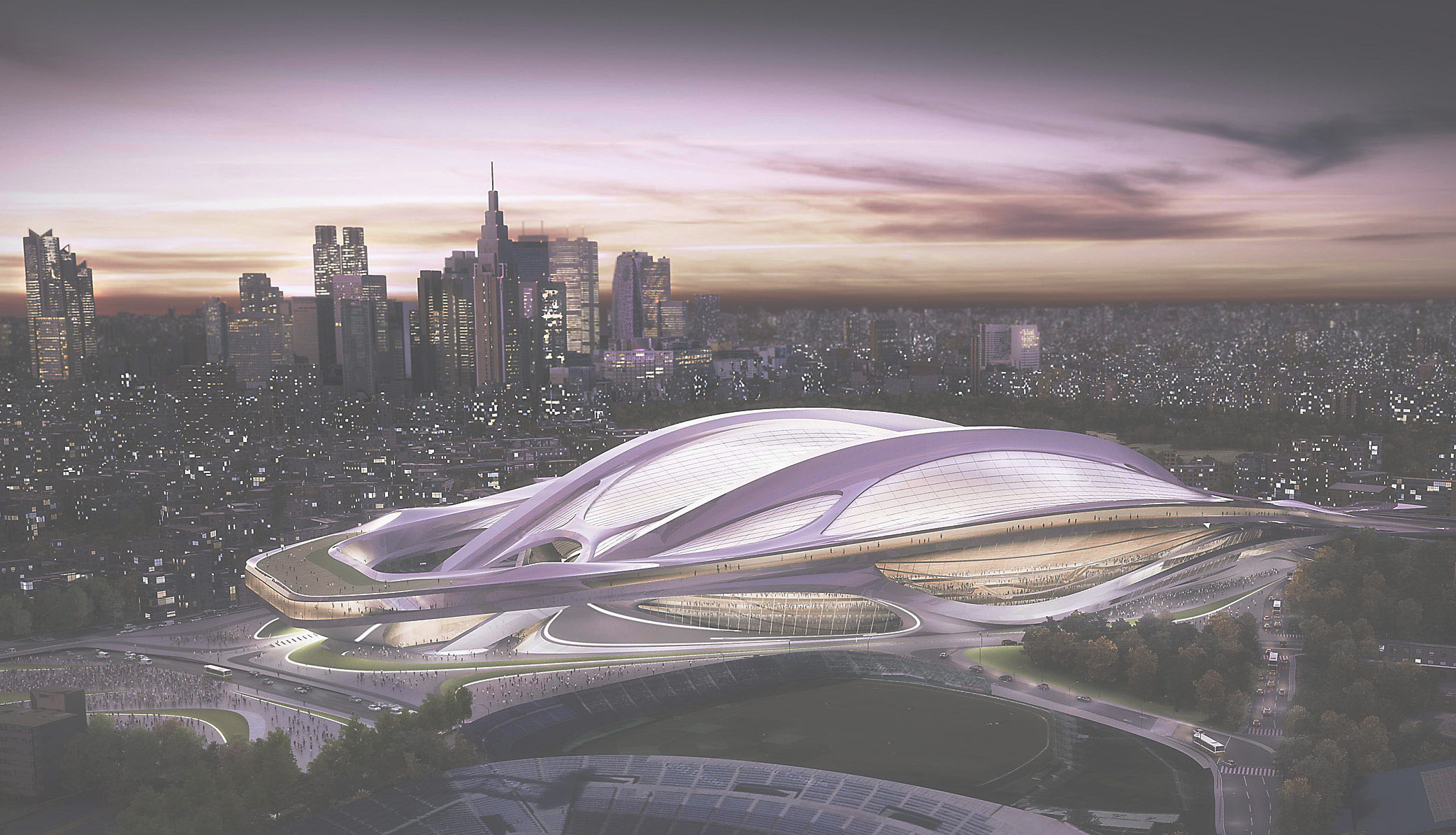If you're lamenting the number of kōji (工事, construction works) clogging Tokyo streets and coating your lungs with toxic fumes, you can lump at least part of the blame on the Olympics, slated to happen in the summer of 2020. And take comfort in the fact that in the years leading up to the last time Tokyo hosted the games, in 1964, the kōji-genba (工事現場, construction sites) were much noisier and more obnoxious and poisonous than they are today, with zilch regard for safety or environmental measures. "Ano koro wa hidokatta" (「あの頃はひどかった」, "Things were awful back then"), reminisces my 76-year old neighbor Yamazaki-san. "Demo yatto sengo ga owatta kanji ga shita" (「でもやっと戦後が終わった感じがした」, "But I got the feeling the postwar years of hardship were finally over").
Yamazaki-san has a point. Nineteen sixty-four is branded in the collective Japanese memory as the turnaround year — when the nation showed the world its miraculous resurrection from the ashes of World War II by hosting an international event. Landmark kōkyōjigyō(公共事業, public works) projects were embarked on in the runup to that year, such as the shutokō (首都高, metropolitan highway), shutoken suidōsetsubi (首都圏水道設備, metropolitan plumbing works) and the shinkansen (新幹線, bullet train). Haneda Airport was revamped in time for the games, and the Hotel New Otani opened its doors for the benefit of the 30,000 foreign guests set to pour into the city. Architectural feats of wonder such as the Kokuritsu Kyōgijyō (国立競技場, National Stadium) and the Yoyogi Taiikukan (代々木体育館, Yoyogi National Gymnasium) and the Nippon Budokan (日本武道館) demonstrated the skill and scale of Japanese architecture.
It was hard to believe that the nation had come so far a mere 19 years from its surrender in 1945. Never mind that in order to pull off the whole shebang the majority of Tokyoites had to work like maniacs, or that mass-construction projects set the tone for contractors to swoop down on the metropolis and kaihatsu (開発, develop) it to death for decades afterward. Keizai (経済, economy) and kōritsu (効率, efficiency) headed off the national agenda and ushered in the kōdoseichōkeizai (高度成長経済, rapid growth economy) with a vengeance.



















With your current subscription plan you can comment on stories. However, before writing your first comment, please create a display name in the Profile section of your subscriber account page.